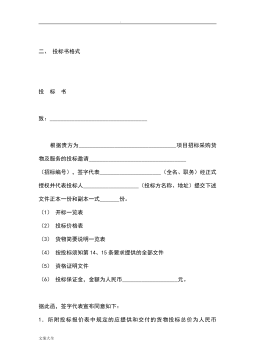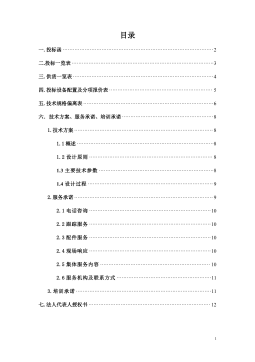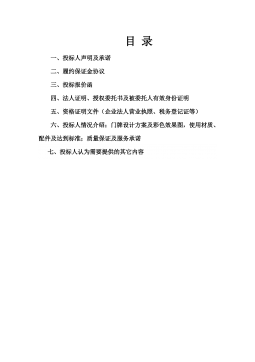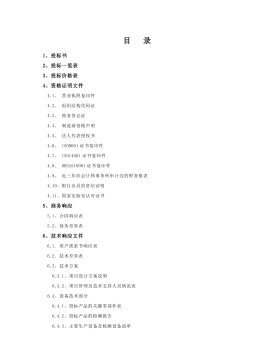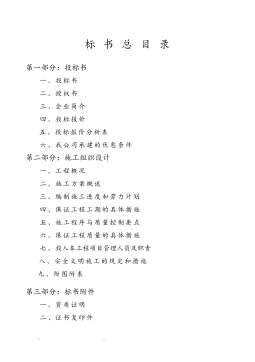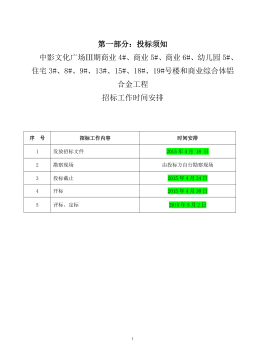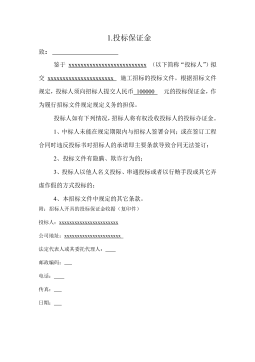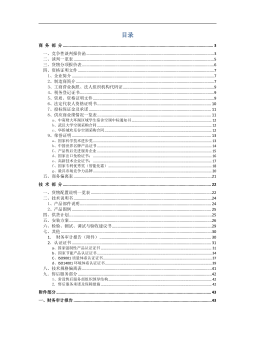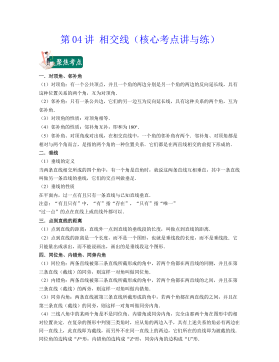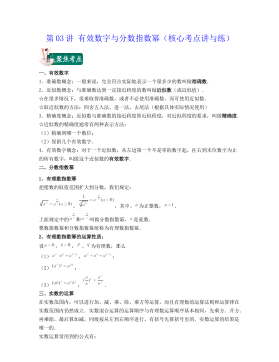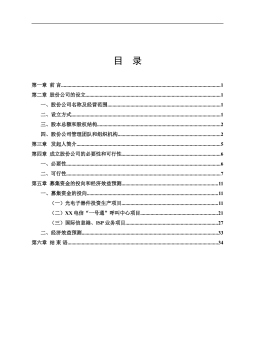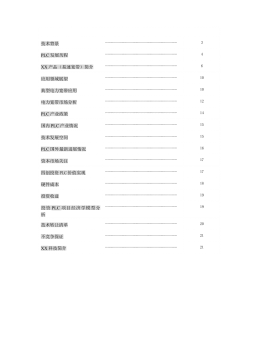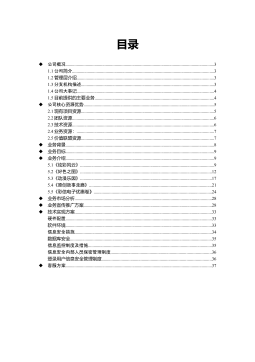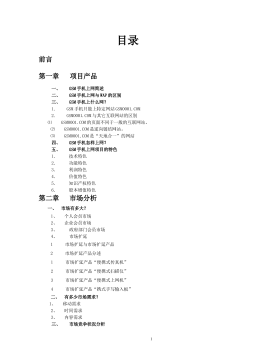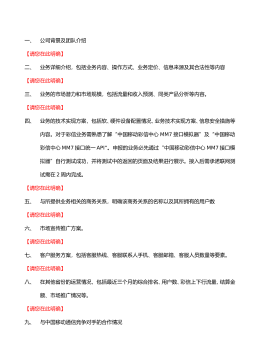产权、政府、开放:支撑长期经济增长的三大体制因素
VIP免费
浙江财经学院硕士学位论文
I
摘要
经济的长期增长是人类社会不断向前发展的基础。当和平与发展成为时代主
题后,亚当·斯密一直思索的“什么才是经济增长的源泉”又成为了各个国家及
学者所努力探寻的对象。结合不同国家的经济发展实践,从长期与全球视角下进
行分析,将会得出更为一般性的结论。通过对经济增长决定因素的文献梳理,我
们将已有的相关理论分为三类:技术决定论、制度决定论、其他因素决定论。
对于包含文化、地理、宗教等在内的其他因素决定论,并不能很好地解释诸
如韩国与朝鲜、瑞士、新加坡等的经济发展。关于技术决定论与制度决定论,我
们认为制度与技术促进经济增长的效应最终都是边际递减的,关键取决于技术进
步与制度创新的边际效应比较,因而,两者在经济增长中的重要程度是交替互换
的。在当今的经济发展水平下,动态的生产可能性边界没有也不会达到,一国的
体制安排对经济增长的影响更为重要且深远,是经济发展的决定因素。
关于制度与经济增长的研究,主要集中于新制度经济学理论、社会分工理论、
结构主义理论、公共选择理论以及新政治经济学理论。它们多是从体制安排的某
一方面或抽象的制度本身去探寻经济增长的源泉,虽然较好地解释了诸多经济现
象,但却较少关注不同体制因素间的相互作用对经济增长的影响。诺思在这方面
做了初步的理论综合,本文进一步发展了诺思的制度与经济增长理论,提出了一
个重要假说——“产权、政府、开放,作为体制安排的基础性制度,是支撑长期
经济增长的三大因素”,并通过比较分析、历史考察、实证枚举等方法对假说进行
了初步的论证。
经济基础是社会发展的决定力量,其中又以所有制关系为核心,而不同所有
制结构的微观实现形式又源自于不同的产权制度所决定的各行为主体间的利益关
系,因而,产权是决定经济发展的根本因素。产权明晰,经济活动中的约束与激
励机制才会更加稳定、持久、普适,同时,不断完善的产权制度下,交易费用会
下降,有效竞争才可能成为社会主态,更好地促进经济增长。
借助于对德姆塞茨的原有产权理论以及冰岛史实的分析,揭示出孤立的产权
制度并不能保证经济绩效在长期内得到持久改善,需要政府充分地界定产权并保
障其实施,财富的累积才可能会持续。但通过中国传统计划体制下的经济绩效,
可以看出,政府对经济增长的影响是双向的,只有不断完善产权制度,将政府纳
入法律的实质约束下,才能较好地防止政府职能越位,推动经济增长。另外,政
府在维持一个公平、稳定的宏观环境方面又具有天然的比较优势,发挥着无可替
浙江财经学院硕士学位论文
II
代的作用。而且,政府本身作为一种制度安排,它的建立及变迁在很大程度上影
响着一个国家的经济制度和政治制度的形成与变迁,进而影响着经济政策的制定
和实施,以及经济增长,这也是其他组织或体制安排所无法取代的。
市场经济本质上开放经济。只有当各行为主体能够获得创新带来的更多激励
时,完善产权以及政府有效约束自身的动机才会更强烈。在开放的体制状态下,
包括产权、政府在内的一系列体制安排可以随着经济发展不断做出适应性变革,
从而加快诱致性制度变迁,并通过不断细化劳动分工,促进有效竞争,提高资源
配置效率,改善产业结构,最终推动经济的持续增长。随着产权的不断完善,以
及政府与市场关系更为明确,追求利润最大化的经济行为主体会逐步开拓自己的
选择空间,要素流动也更为自由,从而有利于开放的扩大与深化。
产权、政府与开放,作为一系列体制安排的基础性制度,无法相互取代,但
却是相互作用的,三者的相互协调是经济增长得以持续的关键。三者中任何一种
体制因素滞后或不协调于其他两者,经济发展都会受到阻碍,甚至是停止和倒退。
根据本文的假说,中国的经济绩效能够在几十年间持续得到改善,不断进行
的产权改革、逐步的开放自由以及政府的角色转变是关键。只有继续深化产权改
革,加快政府职能创新,融入经济全球化,完善市场经济体制,中国的经济增长
才可持续,其国际竞争力和大国地位才能得以保持和提升。
关键词:产权;政府;开放;经济增长;制度
浙江财经学院硕士学位论文
III
ABSTRACT
Long-term economic growth is the basis for the constant development of human
society. Today, peace and development has become the themes of times. The question
"Which factors are determinants of economic growth ", that Adam Smith has been
pondering over has become the object that every country and scholar seeking.
Combined with the economic practices in different countries’ development, we found
that if we analyzed them from the long-term and global perspective, more general
conclusions would be drawn. Through reviewing the theories about the determinants of
economic growth, we have them into three categories: technological determinism,
institutional determinism, and the others.
As the others like cultural and geographical determinism, can’t explain the
economic phenomenon well, such as the economic development in South Korea and
North Korea, Switzerland, Singapore,technological and institutional determinism are
more persuasive. But we believe that the influence of institution and technology on
economic growth is alternative, and their marginal effect are decreasing. In today's
economic development level, institution has more important and far-reaching influence
over economic growth then technology, which made it the determinant of economic
growth.
The Researches on institution and economic growth mainly focus on the factors,
many of which explore sources from single factor or abstract institution itself, which
are property rights, government, social division of labor, economic structure ,etc.
Although many can explain the economic phenomenon from oneperspective, less
attention has been paid to the influence on economic growth by the interaction
between various institutional factors on economic growth. North has found a
preliminary theory about this, and we had his theory further developed .We proposed
an important hypothesis on the basis of theoretical, empirical and comparative analysis,
which is "property rights, government, free state are the determinants of long-term
economic growth in economic system.
Property rights are the basic factor of economic development. When property rights
gradually get improved, its constraint and incentive mechanism in economic activities
will be more stable, durable and universal. At the same time, transaction costs will
decline, effective competition would certainly be a main social state, thus promoting
the economic growth. With the original theory of property rights and the history of
浙江财经学院硕士学位论文
IV
Icelandthatanisolatedsystemofproperty rights can’t guarantee a lasting
improvement of economic development in the long term, government, which can
effectively define the property rights and guarantee their implementation, is necessary.
Through the economic development of Latin America and China's economic
performance under the planning system, we can see the impact of government on
economic growth is bi-directional. Only continuous improvement of property rights
can better prevent offside government functions, and promote economic growth. It
needs a free state, in which property rights and effective government will be more
strongly motivated. In this state, a number of institutional arrangements including
property rights and government, can be made with the continuous development of
adaptive changes in the economy, Division of labor can be refined which would
promote effective competition, efficiency of resource allocation and the industrial
structure can be improved. These, combined together, would ultimately promote
economic growth. With the constant improvement of property rights, and a more clear
relationship between government and the market, the pursuit of profit-maximizing
economic agents will gradually open up their options, thus facilitating the expansion
and deepening of the free sate.
Property rights, government, and free state, as the basic factors of institutional
arrangements can not replace each other, for they are interacted. Coordination between
them is the key to sustained economic growth, any of them in the delay or lack of
coordination with the other two, will hinder economic development.
In China, ongoing reform of property rights, gradually opening and the changing
role of government are the key factors in the decades of sustained economic growth.
Only continue to deepen reform of property rights, constantly innovate government
functions, accelerate economic globalization and improve industrial structure, China's
economic growth would be sustainable, and its international competitiveness and great
power status can be maintained and enhanced.
Keywords: property rights; government; free state; economic growth; institution
浙江财经学院硕士学位论文
V
目录
第1章绪论
...................................................................................................................1
1.1 引言.....................................................................................................................1
1.2 问题的提出及研究思路.....................................................................................3
1.3 相关概念的界定.................................................................................................4
1.4 本文的研究方法.................................................................................................6
1.5 本文的研究创新.................................................................................................7
第2章 三大体制因素支撑长期经济增长的假说.......................................................8
2.1 经济增长决定因素的文献梳理.........................................................................8
2.2 长期经济增长中制度与技术关系的探讨.......................................................15
2.3 体制、发展战略与长期经济增长:制度的非完全内生性...........................16
2.4 本文的理论假说...............................................................................................20
第3章 产权制度决定长期经济增长.........................................................................24
3.1 促进经济发展的产权理论...............................................................................24
3.2 产权在长期经济增长中的作用.......................................................................27
3.3 产权论与超产权论:竞争与产权的关系.......................................................31
3.4 产权与长期经济增长的例证...........................................................................32
第4章 政府在长期经济增长中的作用.....................................................................35
4.1 经济学中的政府...............................................................................................35
4.2 政府推动经济增长的作用方式.......................................................................36
4.3 经济发展中的政府职能越位...........................................................................44
4.4 政府与产权的关系框架...................................................................................47
第5章 开放:体制状态在长期经济增长中的作用.................................................48
5.1 开放:一种非完全内生于政府的体制状态...................................................48
5.2 开放在推动经济增长中的作用方式...............................................................51
5.3 开放与产权的关系框架...................................................................................54
第6章 理论总结及对我国的启示.............................................................................56
6.1 理论总结:产权、政府、开放对经济增长的作用机制...............................56
6.2 本文假说对我国的启示...................................................................................58
参考文献.........................................................................................................................61
附录.................................................................................................................................66
致谢.................................................................................................................................67
摘要:
展开>>
收起<<
浙江财经学院硕士学位论文I摘要经济的长期增长是人类社会不断向前发展的基础。当和平与发展成为时代主题后,亚当·斯密一直思索的“什么才是经济增长的源泉”又成为了各个国家及学者所努力探寻的对象。结合不同国家的经济发展实践,从长期与全球视角下进行分析,将会得出更为一般性的结论。通过对经济增长决定因素的文献梳理,我们将已有的相关理论分为三类:技术决定论、制度决定论、其他因素决定论。对于包含文化、地理、宗教等在内的其他因素决定论,并不能很好地解释诸如韩国与朝鲜、瑞士、新加坡等的经济发展。关于技术决定论与制度决定论,我们认为制度与技术促进经济增长的效应最终都是边际递减的,关键取决于技术进步与制度创新的边际效...
作者:李佳
分类:高等教育资料
价格:150积分
属性:70 页
大小:520.8KB
格式:PDF
时间:2024-09-20


